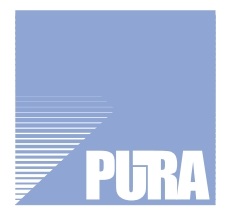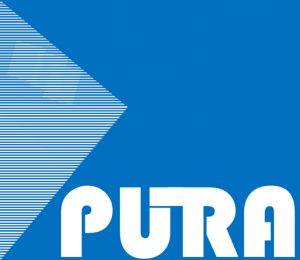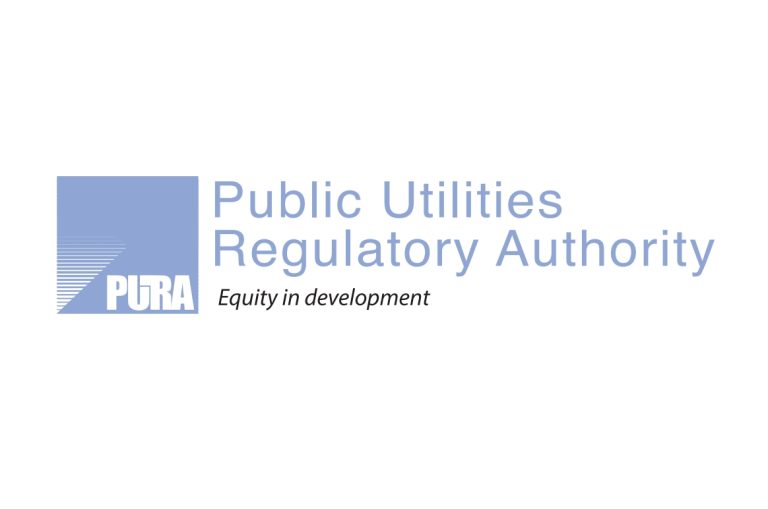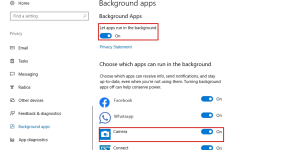ICT Overview
The Gambian economy attaches great importance and keen interest to the telecommunications sector. Almost all other sectors have a certain level of dependence on the connectivity services it provides. Broadband, for example is considered an essential to the day-to-day operations, upkeep and sustainability of many services and infrastructure that contribute to overall economic and financial performance of the country.
Historically the sector was remotely regulated by the Ministry of Information and Communications Infrastructure. Subsequently, through enactment and enforcement of the PURA Act 2001 and the Information Communications Act in 2009, PURA became mandated to regulate the sector in 2005. PURA is entrusted to ensure that service providers compete fairly, and businesses / customers benefit from the choice of a broad range of telecommunication services.
In light of regulation, other duties undertaken at the ICT department includes but not limited to:
- Processing licensing applications for telecommunications operators
- Administration of scarce resources such as the National Spectrum and Telephone Numbering Plans to ensure for efficient and optimize usage
- Monitoring Quality of Service performances to ensure compliance as stipulated in their licenses
- Monitor and resolving radio frequency interference
- Issuing Type Approval Certification
- Contributing to solutions for standardization issues
- Advising and assisting in the formulation of national policies and strategies relevant to the regulation of telecommunications sector.
The Gambia Telecoms market is composed of four (4) GSM Telecommunication Operators, four (4) Internet Service Providers (ISPs) and one (1) Fixed line Service Provider.
Key Statistics
Key Statistics
| Licensees 2020 | Subscription 2020 | ||||||
| Service | Issued | Operating | Quarter 1 | Quarter 2 | Quarter 3 | Quarter 4 | |
| Fixed Line | 1 | 1 | 41612 | ||||
| Mobile | 4 | 1 | 2,627,800 | 2,624,092 | 2,591,380 | 2,673,032 | |
| ISPs | 4 | 4 | 10570 | ||||
| IXP | 1 | 1 | |||||
| Voice Gateway | 4 | 1 | |||||
| Data Gateway | 8 | 8 | |||||









